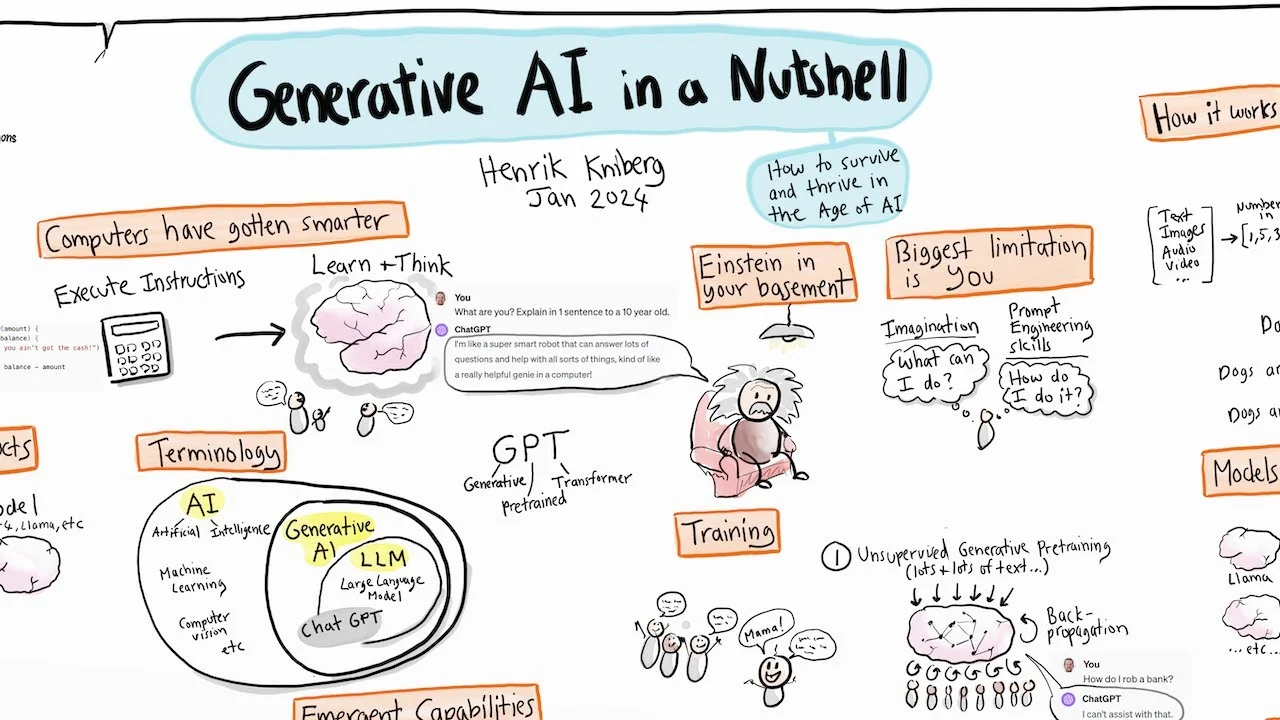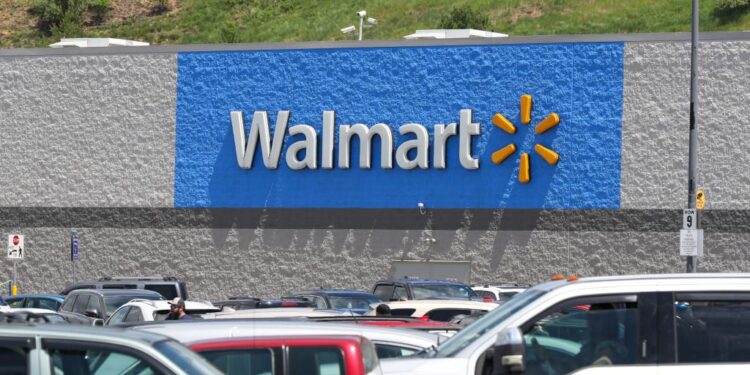Walmart recently reintroduced a $6.99 “basket fee” for grocery pickup and delivery orders under $35. This includes orders made by customers using Electronic Benefits Transfer (EBT) cards or members of the Walmart+ Assist program. This fee had been waived during the COVID-19 pandemic, but Walmart has decided to reinstate it as part of their effort to cover the costs involved in picking and packing grocery orders.
Despite some speculation that the reinstatement of the fee might be connected to the tariffs imposed on imported goods, Walmart has clarified that the decision is unrelated to tariffs. Instead, the fee is a standard practice to offset the operational costs associated with fulfilling these orders.
The reinstatement of the fee has drawn criticism, especially from low-income customers who rely on government assistance programs such as the Supplemental Nutrition Assistance Program (SNAP). Many people have voiced concerns that the additional fee could put an even greater strain on those already facing financial challenges.
While this move is seen by some as an attempt to balance rising costs, including the ongoing impact of tariffs, Walmart has emphasized that these measures are designed to ensure the efficiency and affordability of its services, with a focus on maintaining operational sustainability. In response to broader economic pressures, including rising import costs and shifting consumer spending habits, Walmart is also implementing cost-control measures, including office closures and encouraging suppliers to absorb some price increases.
In conclusion, while the reinstatement of the basket fee is being scrutinized, Walmart maintains that the decision was not influenced by tariffs but rather is a necessary step to keep their operations running smoothly. However, the fee’s impact on low-income customers continues to be a contentious issue, and many will be watching closely to see how Walmart navigates these ongoing challenges.




















Interesting points! Seeing more platforms prioritize legal compliance like VOSLOT is reassuring for players – fair gaming & protection matter. Enjoy a voslot game responsibly! It’s good to see transparency in this space.
It’s fascinating how much regulatory oversight is now expected in online gaming! Seeing platforms like voslot online casino prioritize compliance & player protection is a positive shift – builds trust, doesn’t it? It’s key for sustainable growth.